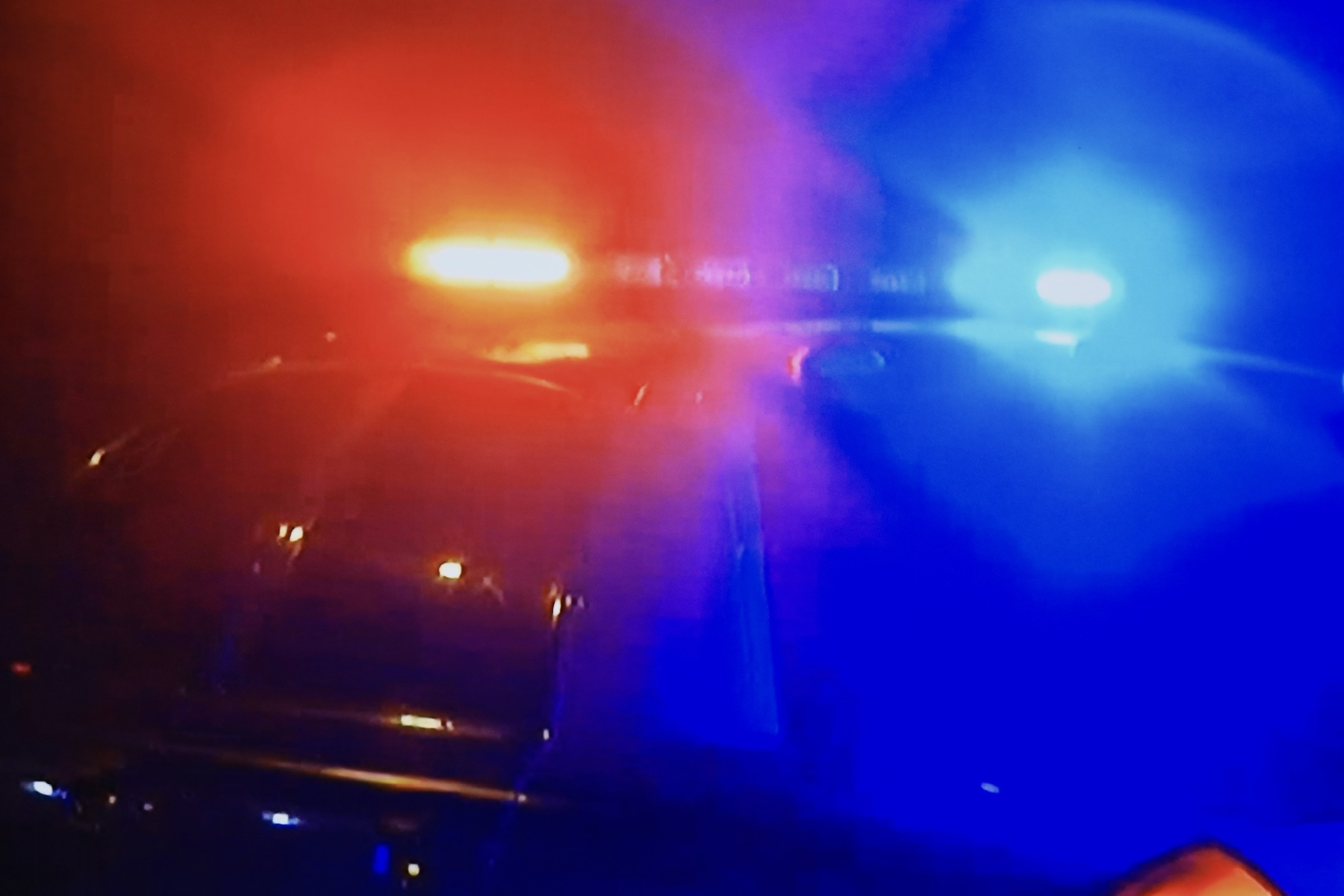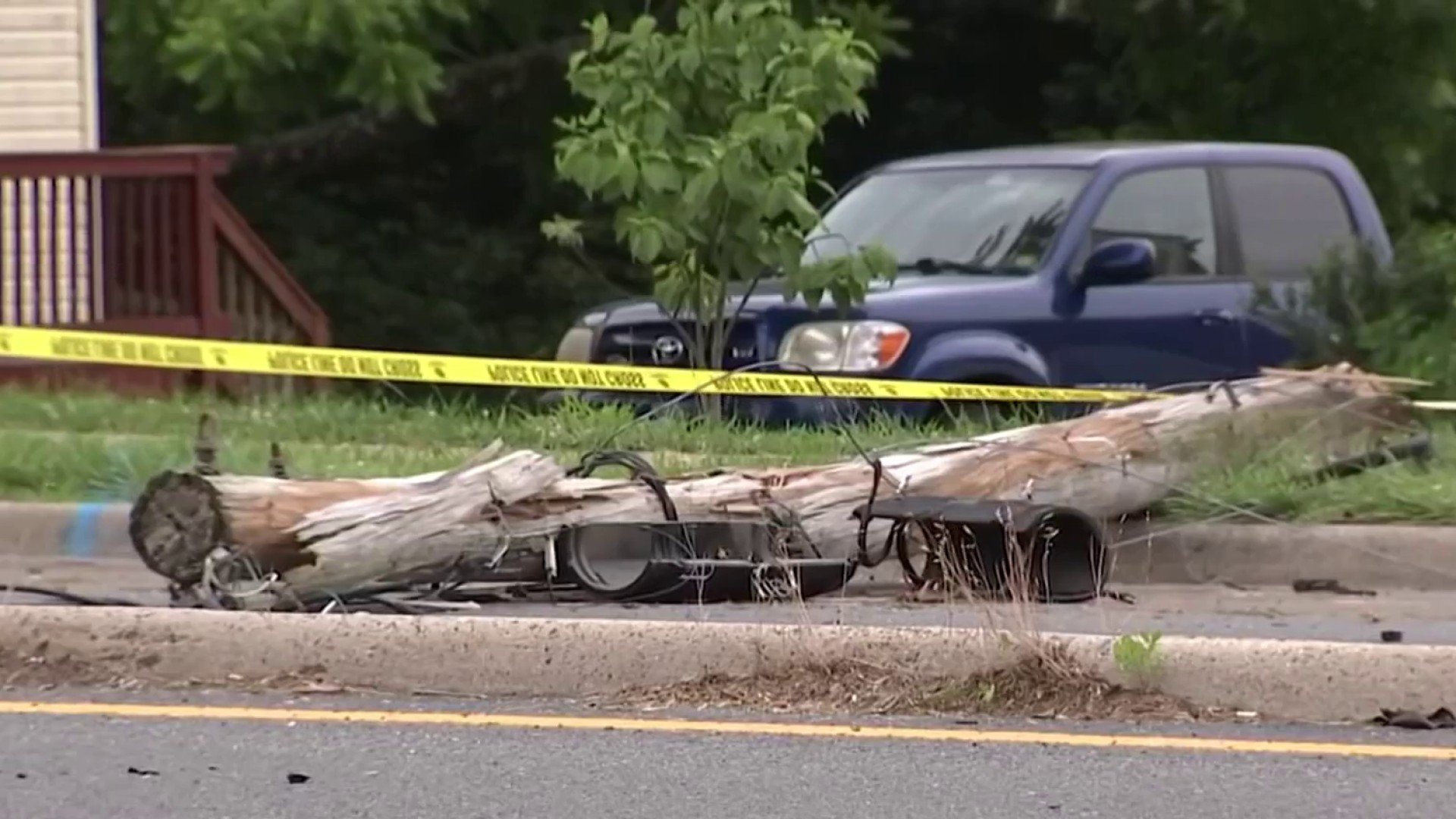Protesters stood outside a federal office building, handing out free marijuana, to highlight the conflict between state and federal marijuana laws.
The District of Columbia and 28 states have legalized medical marijuana. However, if someone lives in federally subsidized housing in those regions, they can be evicted for having pot in their home, even if the state has legalized it.
Protesters gathered at the U.S. Department of Housing and Urban Development and stood inside a mock prison cell while they handed out marijuana. Federal police officers stood nearby.
Patty Loveless lives in a subsidized apartment in Takoma Park, Maryland, and is afraid of losing his home if he is caught with marijuana in his place.
“They must stop it. Just leave us alone,” Loveless said. “It should be OK for people like me to use it in subsidized housing and any housing.”
A HUD spokesperson said people who receive federal rent subsidies know the rules when they sign a lease.
“When the federal government is paying your rent, there’s no smoking in public housing, and there’s no smoking of marijuana either,” said Jereon Brown, with the U.S. Department of Housing and Urban Development.
Local
Washington, D.C., Maryland and Virginia local news, events and information
It is not just people who live in subsidized housing who are at risk of losing their home over marijuana use. A man, who lives in an apartment in D.C. that is not subsidized with any federal dollars, got a notice recently, saying he could be evicted if he has medical marijuana in his apartment, because his landlord has decided to prohibit it.
“There has to be something to stop these property owners from infringing on our rights,” he said.
D.C. law states that smoking marijuana is only legal inside a home that the user owns. If someone rents, it is up to the landlord.



